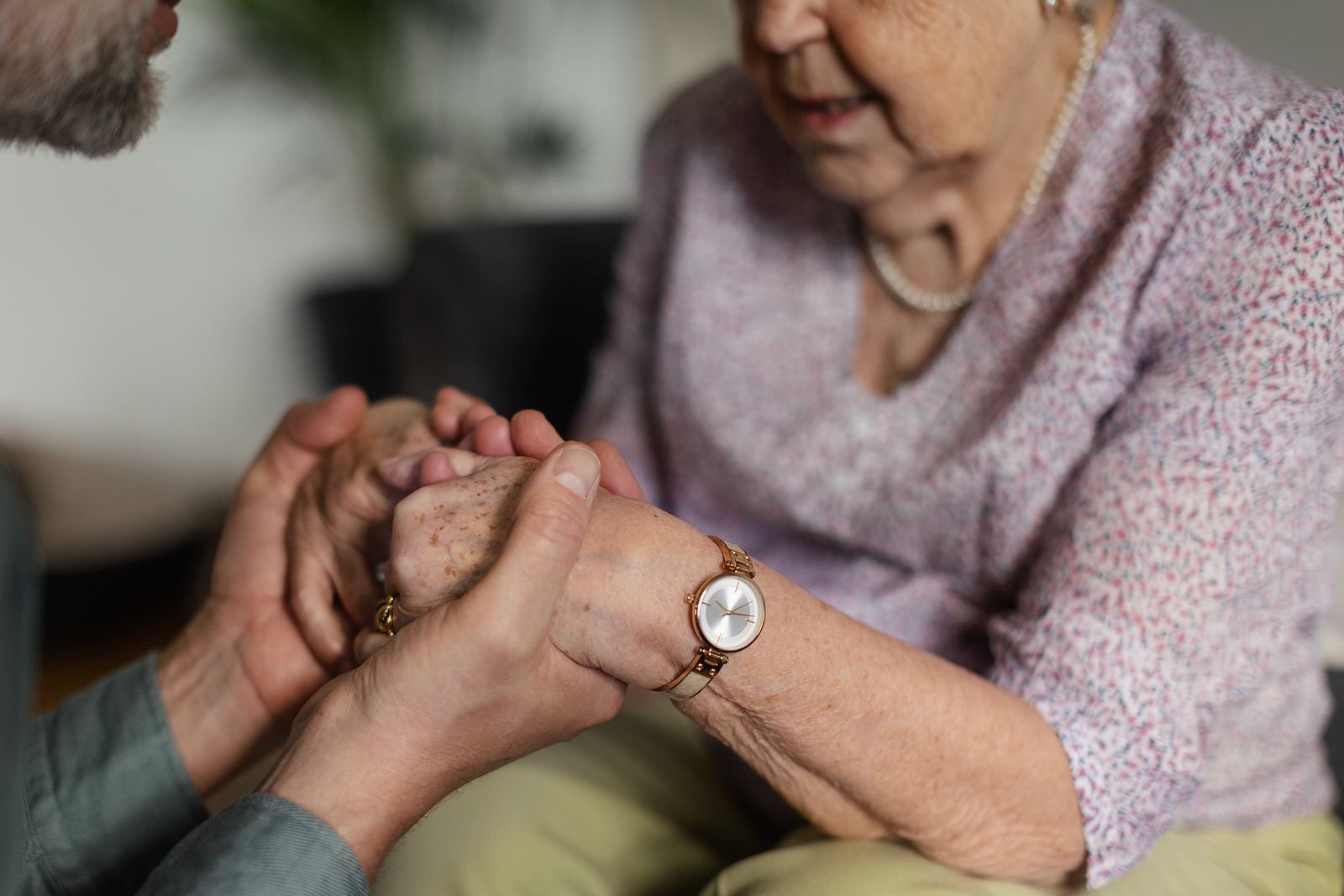6 Extra Germy Spots in Your Senior’s Home and What You Can Do

Everyone spends a lot of time around germs, but the key is to make sure that the harmful germs aren’t able to make you sick. In the case of your aging family member, it’s important to ensure that the extra germ-ridden areas of her home are addressed regularly. That’s something that elder care can help to manage. Here are the spots to watch out for in your senior’s home.
Spots Everybody Touches
There are certain spots in everyone’s home that everyone who visits there touches. These are called “high-touch” spots and they’re locations like light switches, doorknobs, drawer pulls, and remote controls. When these spots aren’t cleaned off and disinfected often, germs tend to pile up. Elder care providers can help your senior to stay on top of keeping these areas clean and disinfected.
Kitchen Hot Spots
The kitchen has its own hot spots that are a little more intense than even the hot spots throughout the rest of the house. These are areas like the countertops, the kitchen sponge, and cutting boards. If these areas aren’t cleaned properly, they can be especially dangerous and the buildup of bacteria can be a huge problem.
The Fridge
Most people think about the fridge as a spot where germs are held at bay and that’s mostly accurate. But it’s also possible that germs get a chance to spread in and around the fridge, too. Vegetable drawers are a potential problem spot as are any surfaces that come in contact with juices from raw meats. The outside of the fridge can also get pretty germy.
Toothbrushes
Toothbrushes need to be replaced a lot more often than a lot of people realize. Every three months is a good rule to follow, but if your senior has been sick, she should replace her toothbrush soon after she recovers. A toothbrush cover is also a good idea, because germs in the bathroom can easily get all over the bristles of the toothbrush.
Towels
How often does your senior wash and swap out hand towels and other towels in the house? They should be cleaned at least once a week, but more often if they’re used to mop up germy spills. Having extra towels to replace quickly is a good way to stay on top of removing them when they get exposed to germs and bacteria.
The Trash Can
It might seem a little obvious, but the trash can is definitely a germ hot spot. Cleaning the trash can periodically is an important way to keep those germs from spreading all throughout the house and making your senior sick. Spraying with disinfectants can also be a helpful idea. Deep cleaning the trash can is something that should be done every month at least.
So, what’s the best solution for all of these germy areas? One of the best answers for your elderly family member is to bring in elder care professionals to stay on top of cleaning and disinfecting. This helps to keep your senior safe without overwhelming her with a lot of extra cleaning tasks.
Excerpt: Keeping your elderly family member safe from illness might mean paying closer attention to some extra germy spots in her home.
Subscribe
Date: December 9, 2022


